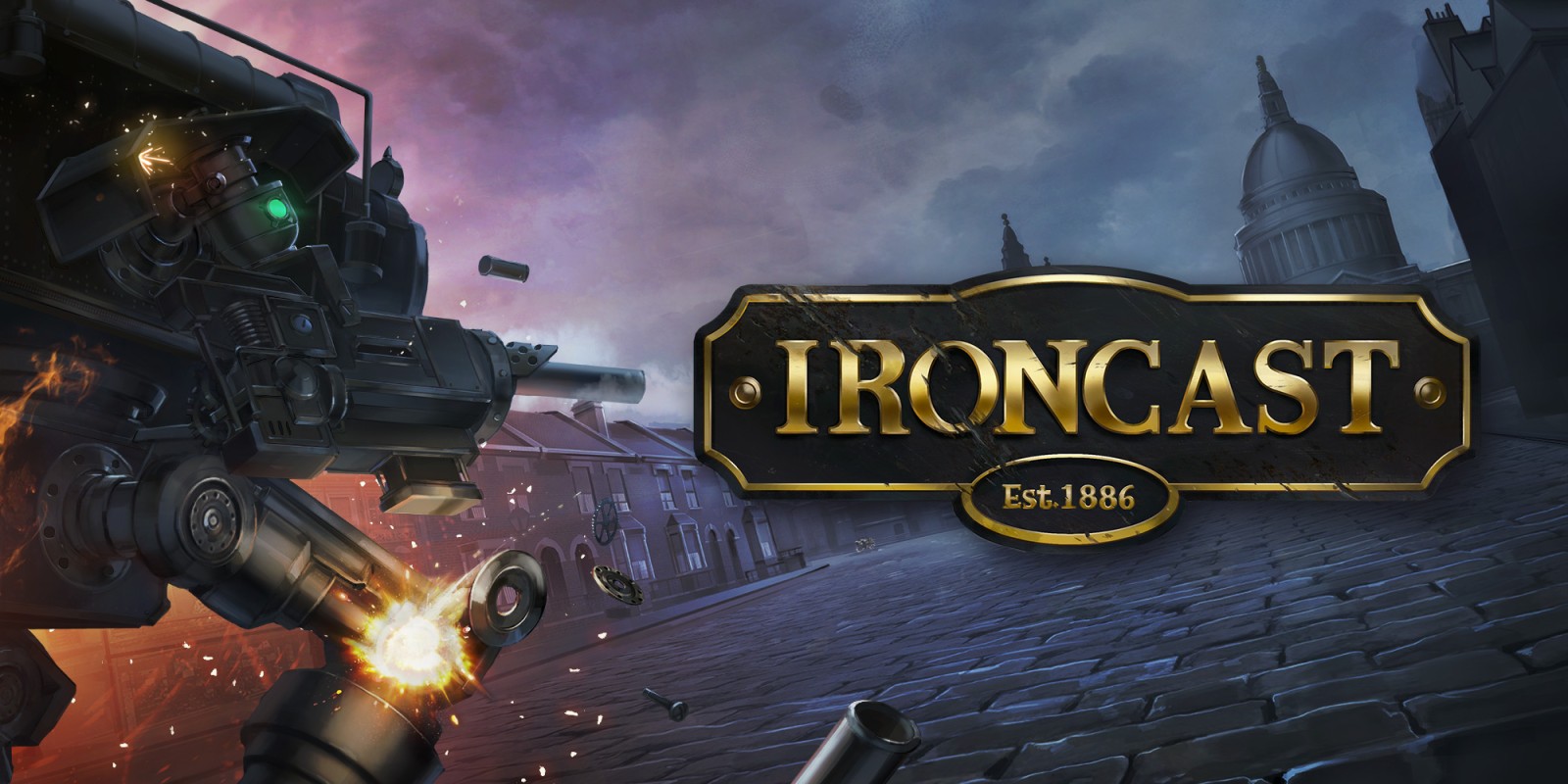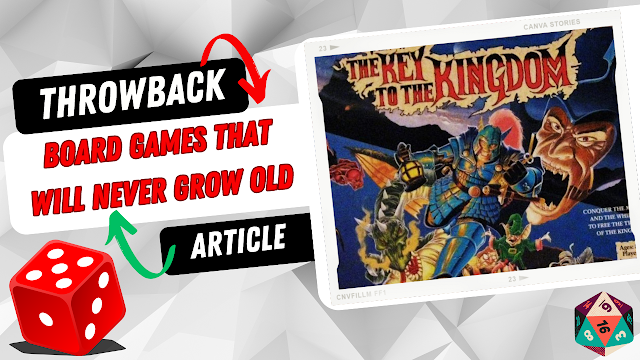Ironcast - Nintendo Switch
There is a structure to a certain kind of videogame review whereby you try to describe a new release as an amalgamation of a number of other popular titles.
For instance, 'game A plays like a cross between Frogger and No Man's Sky'.
To this end, Ironcast could effectively be described as a turn-based, steampunk combat strategy game that serves as a mash up of Candy Crush Saga, Pokemon, and Front Mission.
While some of these game comparisons are fitting, they are largely superficial.
Ironcast is a strategy title where you find yourself fighting one-on-one battles with steam powered mechanical monstrosities from France that are seeking to invade England via a series of pitched combat in obscure towns and hamlets such as Guildford or Crawley in West Sussex.
During these one-on-one battles, your mech has to fight ornate death machines and heavily armoured trains. The player takes it in turns to either attack, set up their shield defences or make repairs to their robot, or perhaps a mixture of all three, so that it can keep fighting and defending. To this end, it is a giant robot game.
The challenge and strategy comes from balancing and prioritising your stocks of ammunition, shield energy and repair tokens to survive the next turn and try to complete a number of relatively limited mission types. These include destroying a boss or successive enemies, stealing a prototype weapon without damaging it, surviving a set number of turns or collecting a certain amount of scrap items to build new weapons and shields.
A player that opts to overexert themselves in battle can overheat their mech without ensuring they have sufficient coolant, leaving them open to attack. They must also choose to target and wipe out specific enemy parts, such as lasers that can penetrate shields or legs that allow a statistical chance of evading the next task.
In between each turn, the player is able to twice restock coolant, repair points, ammunition or electrical energy for shields and dodging attacks via a colourful grid of different colour icons within the centre of the screen. This is the part that resembles a standard Candy Crush-style minigame. Each coloured icon represents a different functions of your mech.
In this grid, the player can chain together multiple numbers of the same coloured items that are placed horizontally, vertically or diagonally next to each other in order to restock specific abilities and clear the grid for a refill. To collect these icons in the grid, the player must link together at least two of the same colour.
The brightly coloured grid does not match the relatively muted bronze and wooden-panelled aesthetic of the game and its menus.
However, it does bring a strangely fulfilling level of strategy to proceedings. Each turn provides a limited number of attempts to chain together coloured items to replenish ammo, power or coolant.
Do you select a small chain of three purple icons in the grid to guarantee a hit on the enemy, or clear out a large section of ten or more coolant panels to prevent overheating in the hope of getting more ammunition once the grid refills itself?
At times it can pay to clear a grid of seemingly less needed items to prepare for a much more aggressive round the time after - although the enemy can be plotting a similar strategy.
It might have been more strategic to also show your enemy's grid in the game in order to understand what their next move could be, but the player can also see what options they have.
Included in the game's design is a permadeath mechanic. This means that the destruction of your mech results in a total gameover and a loss of any saved progress in that particular playthrough. It is here where Ironcast - for better or worse - feels very much influenced by mobile gaming developments in recent years.
For instance, there is a relatively limited variation in visuals or sound in terms of a set number of different mech types and locations. Yet the game's randomly generated missions types and levelling up bonuses can create a strong case for replayability - partly through the hope of trying to get that little bit further each time.
This can be very satisfying during a successful two and a half hour playthrough where you manage to get a mech setup and additional bonuses that make you feel almost unbeatable.
However, it can also result in attempts that last barely ten minutes - where your choice of abilities offered does not suit your playstyle. This requires you to rethink tactics and the types of weapons you choose to use a little.
The player is somewhat subjected to the cruel fate of procedurally generated rewards and mission choices. But a week or so in of playing and there remains sufficient interest to come back and try and learn from previous mistakes.
In a sense, some of the game's frustrations, and your success or failure to adapt to them, will ultimately serve to ensure or hinder a player's enjoyment.
In-game currency can be earned and used to obtain new permanent abilities, pilots or mechs that can be chosen at the beginning of each new playthrough, with the remainder of bonuses being randomly generated and wiped out after each death.
Ironcast's appeal comes in those moments of happenstance where the player selects a perfect mix of randomly assigned rewards as a result of levelling up their mech that seem to perfectly match your game-style. Suddenly, a boss fight you may have failed countless times is turned into a kind of flawless victory where the player is able to systematically target and disable shields and weaponry without taking a hit.
Here you begin to feel a tactical genius for simply understanding the strengths and limits of what is effectively a weaponised kettle.
Summary
Currently priced at £12.99 for the Switch, it is a fair charge for a game that very much feels perfect for a 10 to 30 minute bout on the go. This is the gaming equivalent of a enjoying cheeky few pages of a book on a bus journey.
Ironcast is not as action packed as the Switch's headline action focused titles, but it is nonetheless well suited for a few hours of more contemplative, or on the toilet gaming that the system promised in its promotional material.
Game Link: IRONCAST Dev Link: Dreadbit
Review By Neil Merrett
RATING: MELTING
Ratings Explained
ICE COOL (Great Game Recommended)
MELTING (Just Falls Short Of Greatness)
MELTED (Not A Recommended Purchase)
Game Link: IRONCAST Dev Link: Dreadbit
Review By Neil Merrett
"STAY FROSTY!"








No comments:
Post a Comment
Like what you see in the Games Freezer?
Why not tell us what you think with a few well-chosen comments? :)